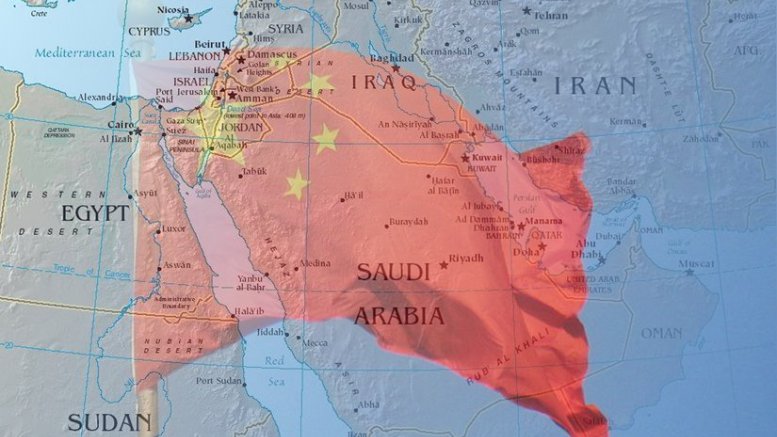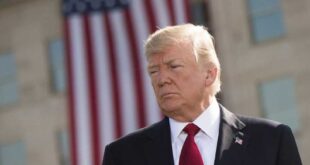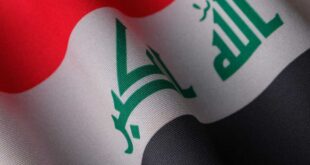Nasrullah Brohi
The recent rash of the political crisis and the tension between Saudi Arabia and the Iran has far-reaching consequences for the rest of the region, particularly the Middle East. The respective outrage by both Saudi Arabia and Iran with regard to the pursuance of their respective policies and their interests in Yemen and Syria are issues that seriously undermine the region’s strategic stability.
The current political crisis was instigated through a violent mob storming into the Saudi Embassy and Consulate in Tehran and Mashad. Shortly afterward, diplomatic relations were cutoff between the two states and other Saudi allies in the region like UAE, Qatar, Bahrain and Kuwait also followed suit. The two sides approach demonstrates the failure of both sides to avoid further escalation, and the increased tension could seriously hamper the efforts for bringing resolutions to regional security issues including the civil war in the Yemen and Syria.
Any further apprehension between the two sides would also involve a number of other countries that would support the agenda of their respective allies. The two oil producing giants have strongly diverse views and policies where each side is proclaiming to be the actual leader and real representative and safeguards for the interests of the faithful in the world. The efforts of the both sides to contain the other portrays a Cold War styled political and ideological containment, particularly, the ambitions where each side is trying to promote its respective ideological views and increase its influence in the region.
The constructive role by the partners and allies of the both sides including the international organizations and the United Nations is the need of the hour. Particularly, the political and economic rise that China empowers, as that country eagerly seeks to play a greater role in global political discourse, particularly in the Middle East. Following the crises, China is struggling to resolve the tension and has asked the two sides to exercise calm. China’s relations with the Arab world and Iran put it in a unique position to broker a peace process — however, the United States and the Western powers need to assist China for assuming the responsibilities of defusing the tension and seek a political solution of the conflicts in the region.
China is dependent on Saudi Arabia and Iran for its oil and energy needs, as such, a conflict in the region is not in the interest of China. The growing uprising in China’s Xinjiang region concerns China about the intensification in the course of any regional sectarian clashes and the extremist ideologies. The communal violence and the growing radicalization cause unease to almost all including China, Central Asia and the Gulf region. However, China has been a key security partner of many Arab countries but the partnership has unique characteristics that significantly distinguishes it from the partnership of the U.S. with the Arab world as China resolutely supports the establishment of the independent state of Palestine, its territories based on the 1967 borders whereas, the U.S. policies on the issue are contradictory to the interests of the Arab world. China is also the major source of foreign investment and trade with Iran, the ongoing civil war in Yemen and Syria and the growing threat of ISIL seriously affect the interests of both sides. The United States and the Russia are also critically concerned about the ongoing diplomatic crisis because such a situation would seriously deteriorate the international efforts to collectively strive against the growing threat of ISIL.
China’s neutral approach and the bilateral relationship with each side does not allow it to form ties at the expense of other side whereas, the United States has been deeply involved in terms of its associations with the Gulf Cooperation Council states. China is also engaged with Arab countries for its free trade negotiations that are underway between the China and the Gulf Cooperation Council that includes Saudi Arabia, UAE, Qatar, Oman, Kuwait and Bahrain. The political, economic and strategic alignment of China with Iran and the Arab world further increases the complexities of the current situation auxiliary the recent crises demands China to significantly play the role as close and trust partner of both sides by soothing the diplomatic crises and improving the political and economic environment along with the security and stability of the region.
First appeared on Eurasia Review
 Geostrategic Media Political Commentary, Analysis, Security, Defense
Geostrategic Media Political Commentary, Analysis, Security, Defense





